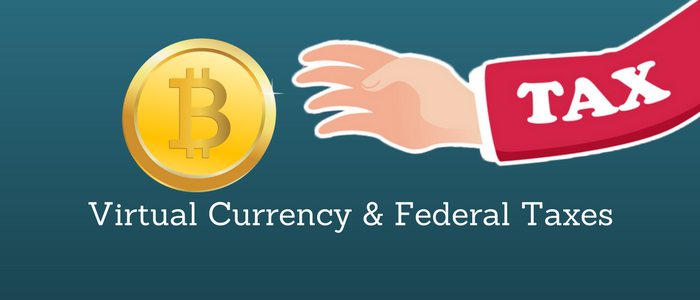Is Virtual Currency Taxable???
Virtual Currency ,If you haven’t heard of the phenomenal rise of the crypto currency Bitcoin, then you are missing out on something. Right from its mysterious founder(s) to its astounding growth this year, Bitcoin is intriguing, to say the least.One of the prime reasons as to why it is attracting more investors by the day is that you can convert the virtual currency into real money.
Yes, you can purchase Bitcoin or any other virtual currency and trade them for good old real money. This type of transaction allows you to book profit should there be a rise in the price of the virtual currency. But that also attracts the attention of IRS and we will discuss how to address those. Depending on your involvement with virtual currency, the tax implications change.
Goods and Services
Though the number of vendors supporting Bitcoin is not something to brag about, you will still find plenty of them. If you purchase any goods or services with the help of Bitcoin or any other virtual currency for that matter it must reflect in your W2 Form. Here is what you need to do.
- Convert the equivalent of virtual currency on the day of purchase and keep a note of the same.
- If your employer pays you in virtual currency, they are subject to same taxes as wages in dollars.
It is important to declare the income in dollars in your W2 Form, irrespective of which virtual currency you dealt with. Self-employed individuals must include the same in their tax returns.
Investment
Though most virtual currencies are still in their nascent forms, quite a few of the investors are taking them are serious investments. They believe that the money invested in virtual currency will yield them great returns in the future; which have proven to be correct in the case of Bitcoin as of now. Should you plan to do the same, they would fall under the same category as your normal stocks, capital assets and bonds do. You are liable to pay capital gain or loss tax on your virtual currency in such a scenario.
Mining
As of now, there are two ways by which you can get your hands on the virtual currencies. First is the good old method where you buy the virtual currency using real currency. The second method is called mining. The later uses computing power to validate the transactions and keep a track of all transactions. Essentially becoming a part of the block chain.
Should you plan to mine virtual currencies or have already done so, you are liable to pay taxes as well. The IRS clears it out that if you receive any payment in the form of virtual currency by mining, it must be part of your gross income.
To calculate your liability, you need to find out the fair dollar value of the virtual currency on the day you received the payments. The same must then be added to your gross income and tax calculated on the same. This all holds well if you are an employee. For self-employed individuals, the returns from mining activity must be part of gross income. Standard deductibles are applicable. The same is also subject to self-employment taxes.
If you are someone who deals with virtual currencies or is planning to do so, the above are all the tax liabilities you must keep in your mind. It is also crucial to understand that these tax liabilities hold good for the current time. The IRS might update the same, based on virtual currency and its activities. It is a good idea to regularly check for these tax liabilities.


Recent Comments